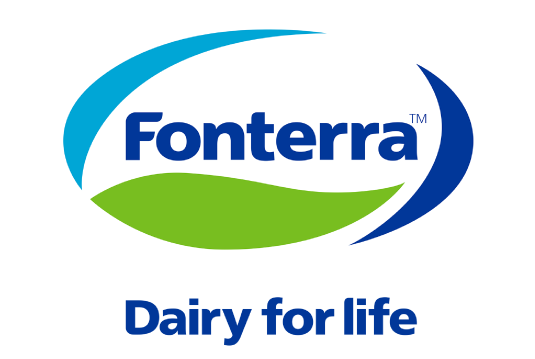Helping to save rare long-tailed bats
We’re proud to be helping to protect rare long-tailed bats (pekapeka) which are roosting in trees on one of our Co-op-owned farms in Waikato.
Ever since the tiny native species was discovered on Buxton farm in 2020, we’ve partnered with local Māori, the Department of Conservation (DOC) and local council to fence off the area, eradicate pests and plant more trees for them.
The pekapeka is a native species and recognised as ‘nationally critical’ - the same status as the Kākapo and NZ’s highest threat ranking.
The native long-tailed bat or pekapeka CREDIT- Colin O'Donnell/DOC
The Department of Conservation, describes them as “in danger of extinction in the medium term if nothing is done to reverse their population declines.” They (along with the native short-tailed bat) are also New Zealand’s only native land mammal.
With funding from our Sustainable Catchment Programme and by working alongside DOC and mana whenua Ngāti Hauā we’ve been doing the mahi (work) to protect and enhance their habitat. That includes an animal pest control plan using traps from Good Nature and DOC to help reduce predation of the bat population and fencing off their area. We’ve also planted over 3,000 native trees - saplings that were grown in an on-farm plant nursery in partnership with Ngāti Hauā Mahi Trust.
Planting these trees won’t provide extra habitat for the bats but it will encourage native flora and fauna to come back, as well as insects, birds, bees which the bats predate on.
Fonterra Central North Island Farm Operations Manager, Doug Dibley, says the restoration project ensures the area on Buxton farm, which has now been declared ecologically significant by the Waikato Regional Council, maintains its indigenous biodiversity.
“This is the next stage in the project to enhance the biodiversity of the block. The bats are living in eucalyptus trees which are exotic and don’t provide a lot of the native diversity. Planting these trees won’t provide extra habitat for the bats but it will encourage native flora and fauna to come back, as well as insects, birds, bees which the bats predate on,” says Doug.
Trees grown in nursery at Buxton farm in partnership with Ngati Hauā Mahi Trust.
Fenced-off area where bats found roosting on Buxton Farm, Waikato.
The project to help save the pekapeka is a demonstration of our Co-op’s commitment to sustainability. It’s important because 79% of New Zealand’s native land vertebrates have been classified as threatened with or at risk of extinction.
For more on what we are doing in the sustainability space, read our Sustainability Report here.

